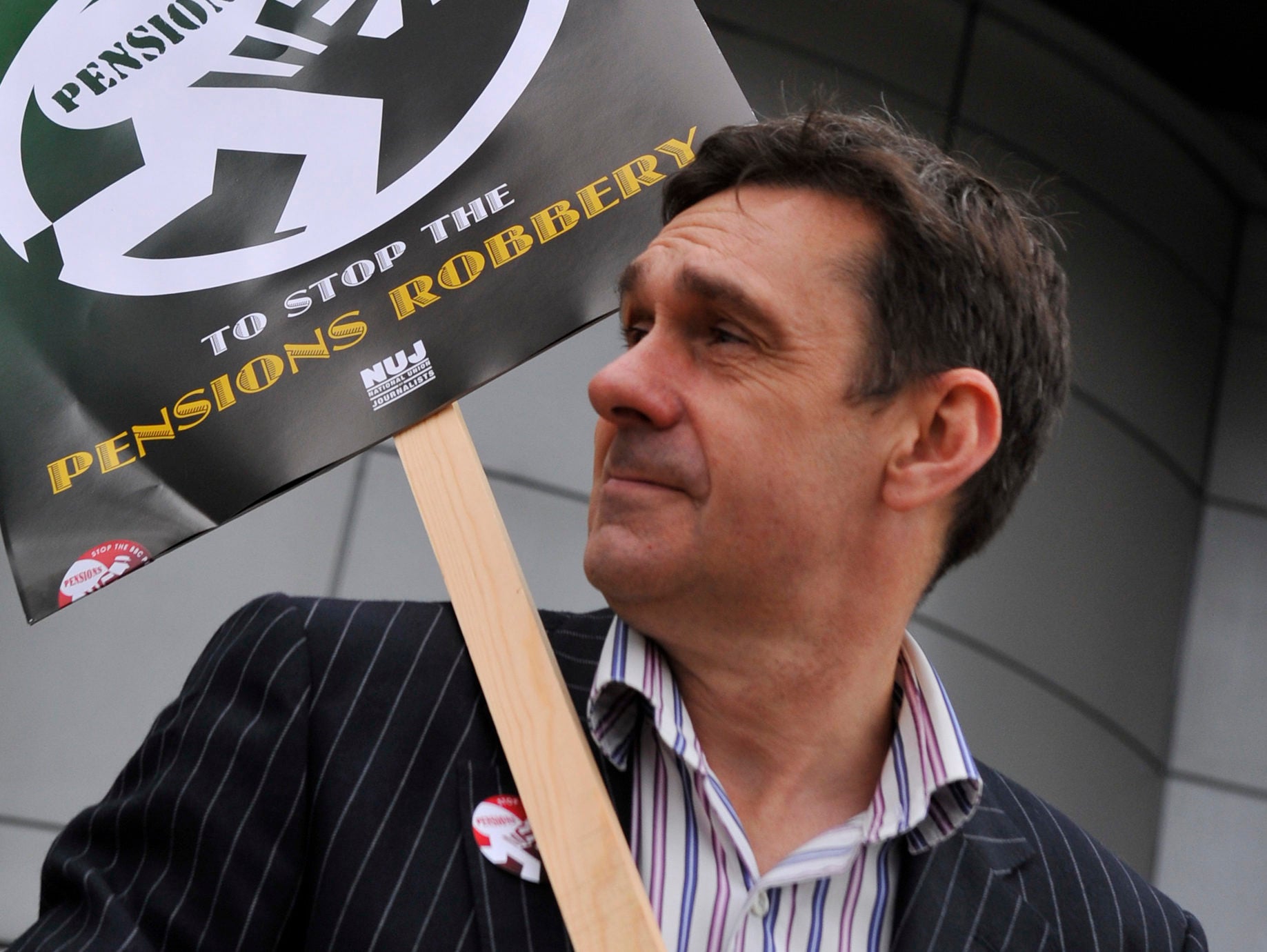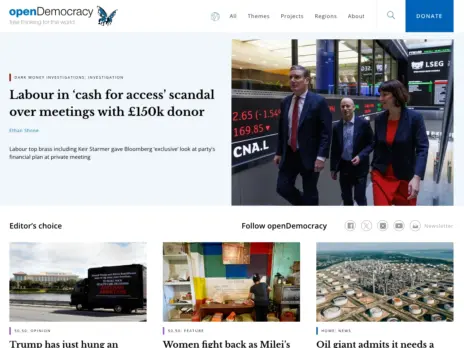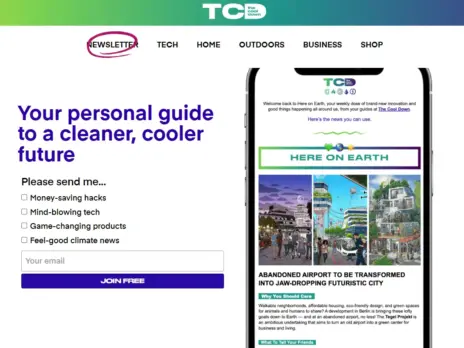
A Sun report based on a covert recording of journalist Paul Mason, in which he made disparaging remarks about Jeremy Corbyn at a restaurant, was not a breach of privacy according to press regulator IPSO.
Former BBC Newsnight and Channel 4 News economics editor Mason was caught on tape making the comments over lunch whilst attending the Labour Party conference in Liverpool last year.
Mason, a public supporter of the Labour leader, was recorded by freelance journalist Ross Kempsell (now a reporter at political blog Guido Fawkes) who happened to be sat next to him at the time.
Mason told a professional contact he would eventually like to see Corbyn replaced by Clive Lewis MP and that Labour leader “doesn’t appeal to the mainstream working class vote”.
The comments were reported by the Sun website on 13 October, 2016, under the headline: “Working class zero: Paul Mason, Jeremy Corbyn’s celeb guru, admits he wants to oust hapless leftie as he doesn’t appeal to ordinary Brits”.
An excerpt of the recording was included with the story and a similar article also appeared in print.
Pictures of Mason mid-conversation, taken without his knowing, were also included with the story.
At the time, Mason branded Sun journalists “scabs” and called for a boycott of the Sun newspaper.
He complained to IPSO about the Sun.co.uk article under Clause 2 (privacy) and Clause 10 (clandestine devices and subterfuge), but did not complain about the print version.
IPSO’s complaints committee said: “The complainant [Mason] said that a freelance reporter and photographer had deliberately chosen a table next to him in a restaurant where he was having a private conversation with a journalistic source. He said that they had used clandestine devices in order to record his conversation, and to photograph him.
“The complainant said that he had a reasonable expectation of privacy in relation to his conversation and to the views he expressed. He noted that, while he had advocated a vote for Jeremy Corbyn in the Labour party leadership elections, he had publicly acknowledged his political differences with Mr Corbyn, and had openly discussed potential successors to the leadership.
“He said that the conversation reported in the article did not contradict his previous public statements, and there was no justification for the intrusion into his privacy.
“The complainant said that his conversation has been recorded opportunistically by the reporter, and that no prior consideration had been given to whether his conduct was justified in the public interest.
“He argued that, as the newspaper had not given any consideration to this issue, it could not argue that the journalist’s conduct was compliant with the terms of the Code. “
The Sun said the journalist had used his phone to record the conversation as an “aide memoire” in place of contemporaneous note taking.
The title told IPSO: “They [the reporter] had gone to the restaurant for lunch, and had been seated at a table close to the complainant. They were able to clearly hear his conversation.
“The reporter had heard the complainant begin to talk about Jeremy Corbyn in a disparaging fashion, and had started to record the conversation on his mobile phone at that stage.
“Once the conversation had moved away from Corbyn, the reporter had stopped recording. The photographer had taken photographs of the complainant, using his mobile phone, as proof that the conversation had taken place.”
The Sun said there had been a public interest in reporting Mason’s comments because he “had campaigned publicly for Mr Corbyn to be elected as leader of the Labour party, had appeared at rallies in support of him, and had addressed a Momentum meeting shortly before the conversation reported”.
“[Mason] had never previously stated that Mr Corbyn had no appeal to the working class, or that he would support Clive Lewis as a future leader,” it added.
“[He] had written articles and given interviews in which he criticised others for disloyalty to Mr Corbyn, and had characterised support for the Labour leader in black and white terms without nuance.
“Given his influence, there was a strong public interest in reporting new information which could be perceived as disloyal.”
IPSO’s complaints committee ruled there had been no breach of the code and did not uphold the complaint.
It said there was “no dispute that the complainant’s conversation was audible to the journalist without the use of a listening device”, adding: “[The journalist] had chosen to use his mobile phone to create a record of what was said, as an alternative to making a contemporaneous note.
“In circumstances where the conversation was audible without the use of technology, the mobile phone had not been used as a clandestine listening device to obtain information.”
On the images of Mason taken without his knowing, IPSO said the journalist had “not used a hidden camera, or engaged in subterfuge, to obtain the material.”
On the issue of privacy, the committee said Mason had not spoken about personal or private matters but had been “discussing politics with a professional contact” in the restaurant.
“Given the complainant’s professional role, the nature of his conversation, its timing and its location, in the environment of the party conference, the Committee did not consider that he had a reasonable expectation of privacy in relation to that conversation at the time the recording was taken,” it said.
“The publication of the conversation did not represent an intrusion into the complainant’s private life.”
It added: “The photographs were not taken, for the reasons the Committee has given, in circumstances where the complainant had a reasonable expectation of privacy.”
Picture: Reuters/Toby Melville
Email pged@pressgazette.co.uk to point out mistakes, provide story tips or send in a letter for publication on our "Letters Page" blog






